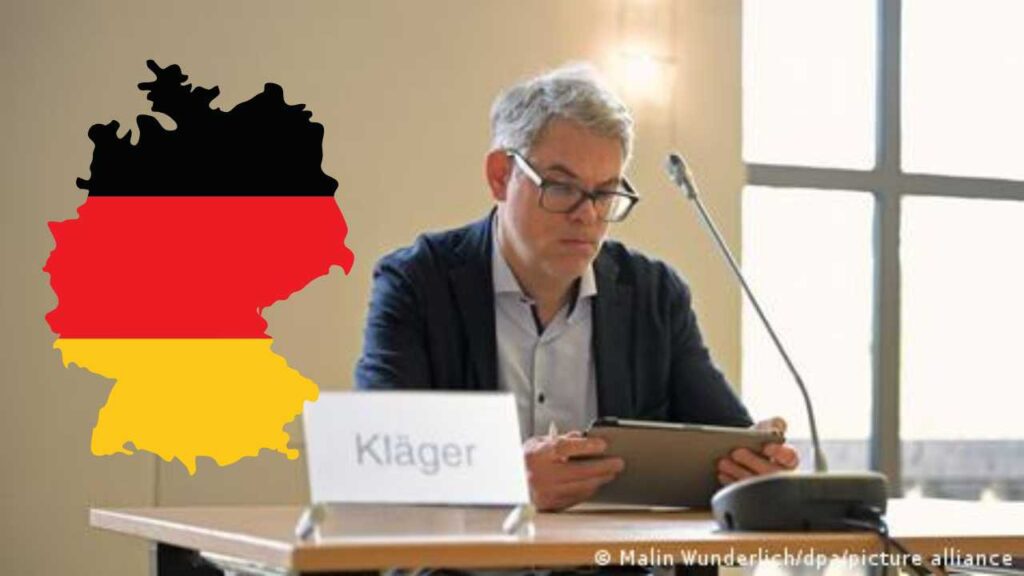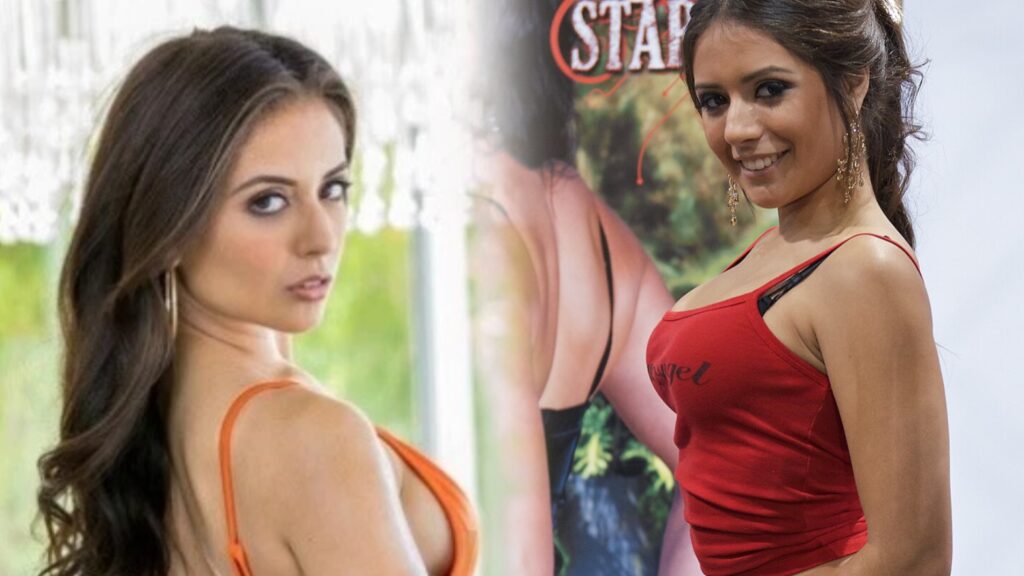A regional court in Munich delivered a significant verdict against OpenAI. Ruling that the company used song lyrics without proper licensing to train its artificial-intelligence models. The plaintiff, GEMA, a German music rights society representing more than 100,000 composers and publishers, challenged OpenAI’s use of protected lyrics in its AI training pipeline. The court determined that both the memorisation of lyrics within the language model and the subsequent reproduction of those lyrics by the chatbot constitute infringements of copyright. GEMA had filed the case on behalf of authors behind nine German songs. Claiming OpenAI trained its model using the lyric texts without obtaining licences or offering remuneration.
OpenAI defended its position by arguing that the model does not store specific data but instead learns patterns and relationships. The company maintained that users generate the output and therefore bear responsibility. The court rejected these arguments and held that the presence of copyrighted text in the training data and its later output triggered liability.
The ruling carries broad implications. As the first major European decision of its kind. It signals a shift in how copyright law applies to generative-AI systems. Creators now have clearer legal grounds to claim compensation when AI models use their works without authorisation. Legal experts say the decision may influence both licensing frameworks and the way AI firms handle copyrighted content.
Industries that depend on user-generated or machine-generated content should pay attention. The verdict underscores the need for organisations that train or deploy large-language models to audit their data sources and ensure compliance with copyright laws. The ruling may trigger new contracts, data-use policies and royalty structures across sectors, including music, literature and media. For creators, the judgement brings renewed hope that their intellectual property rights will be respected even in the age of AI. The court’s decision affirms that the commercial use of training data demands accountability and fair compensation. As negotiations between rights-holders and technology companies intensify, this case may mark a turning point. Ultimately, the ruling reminds technology firms that the benefits of scale and automation do not negate obligations toward original creators. The evolving legal landscape demands more than technical innovation; it demands ethical data practices and recognition of creative labour.



















